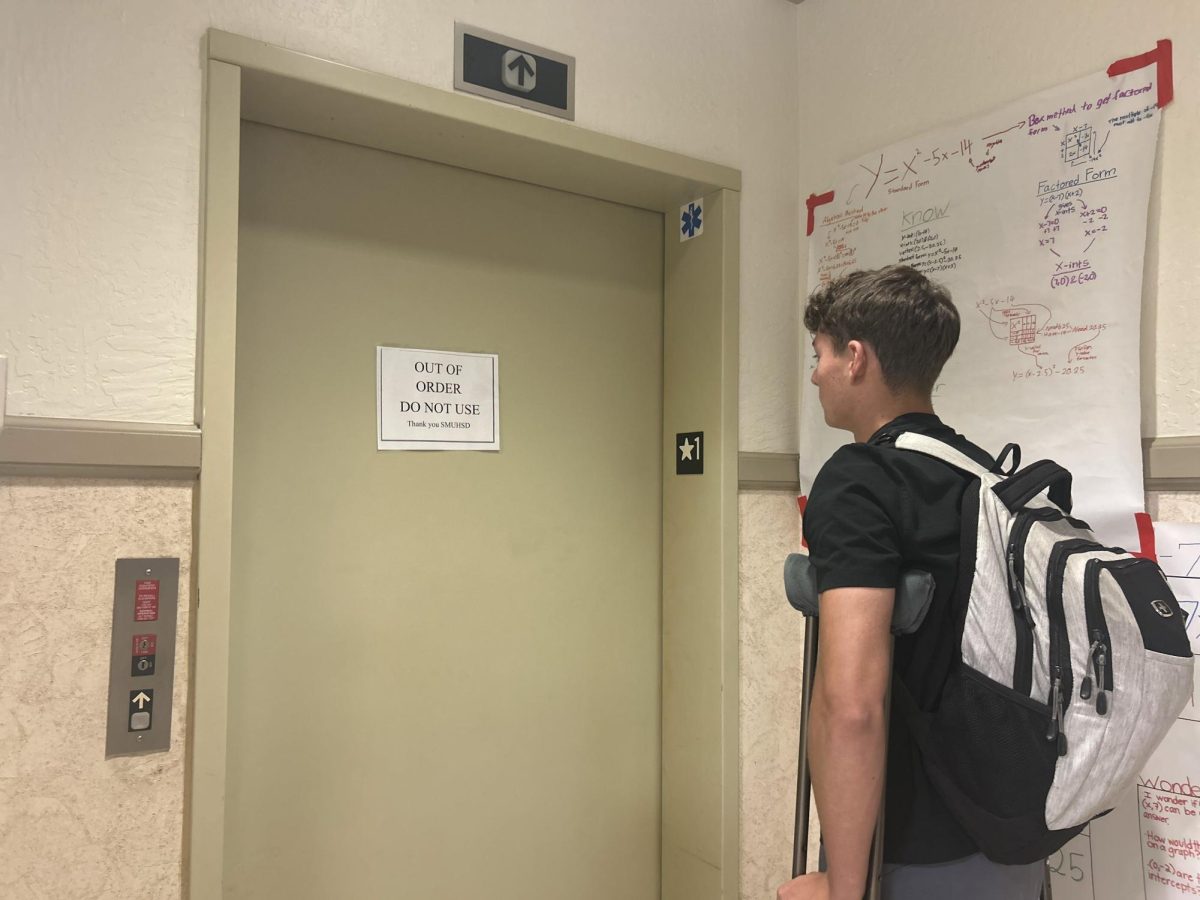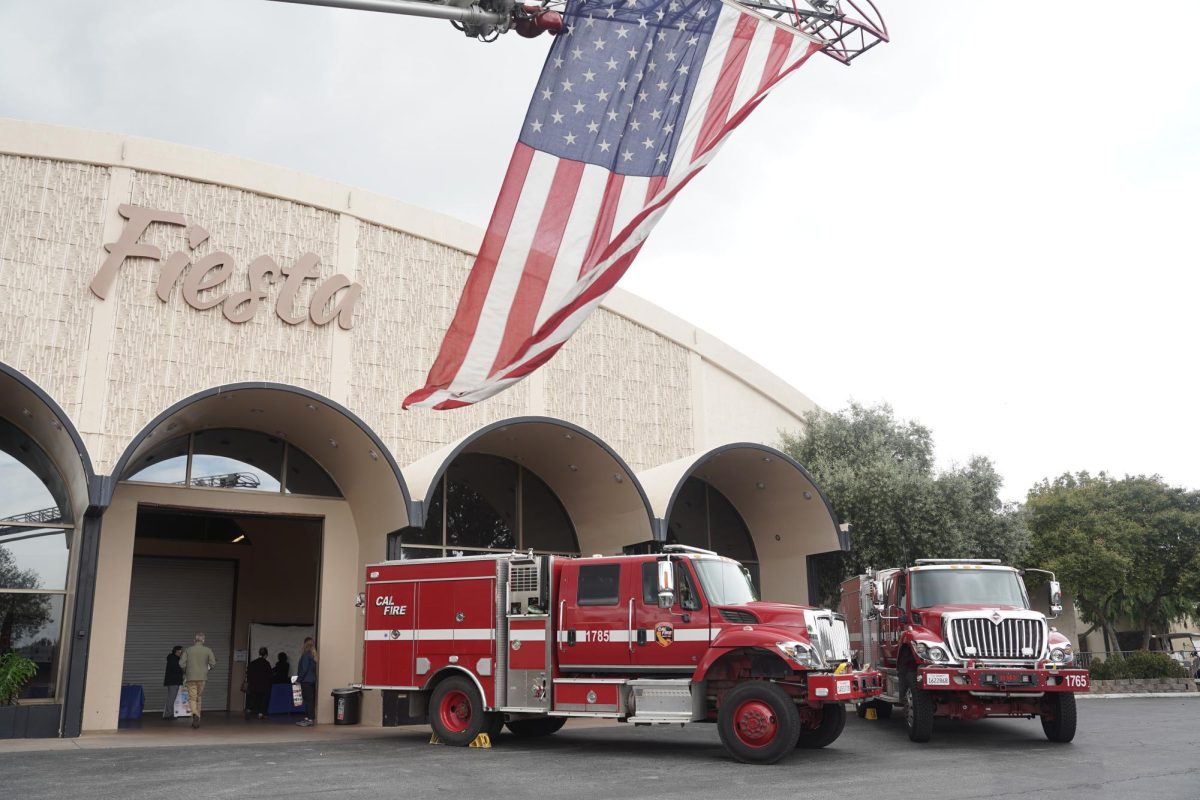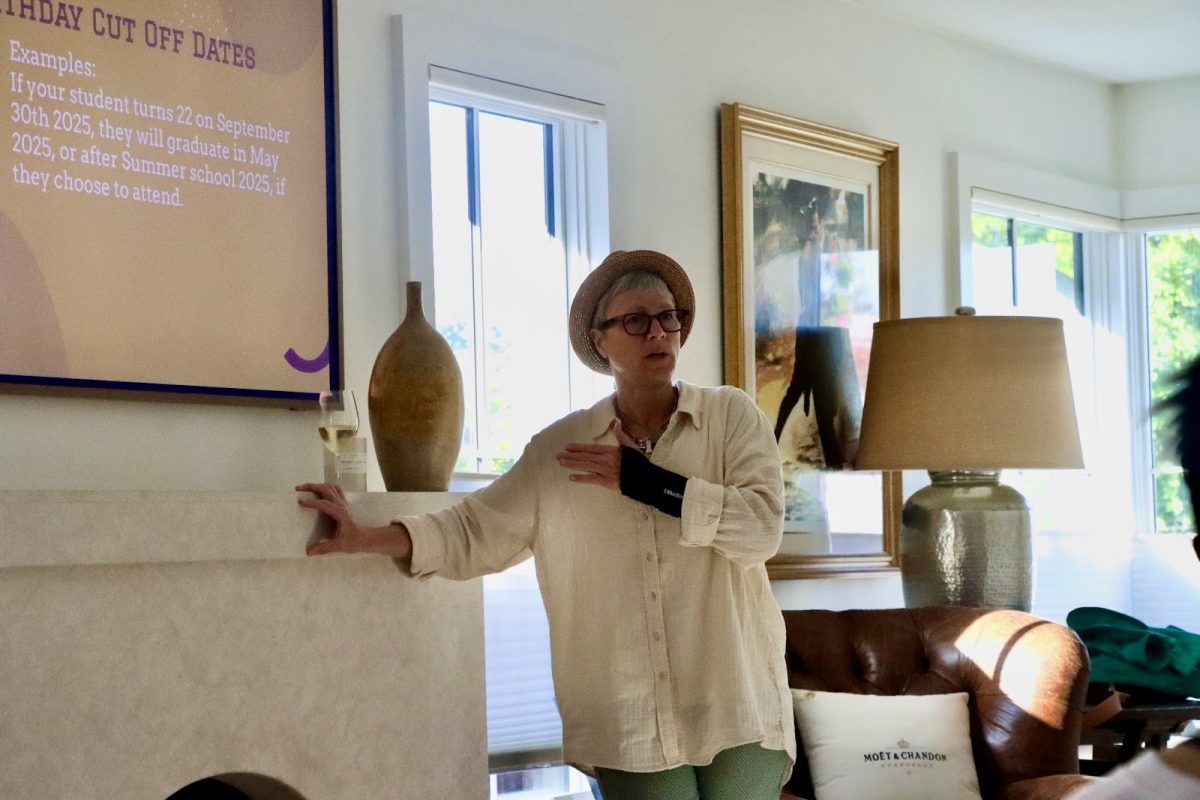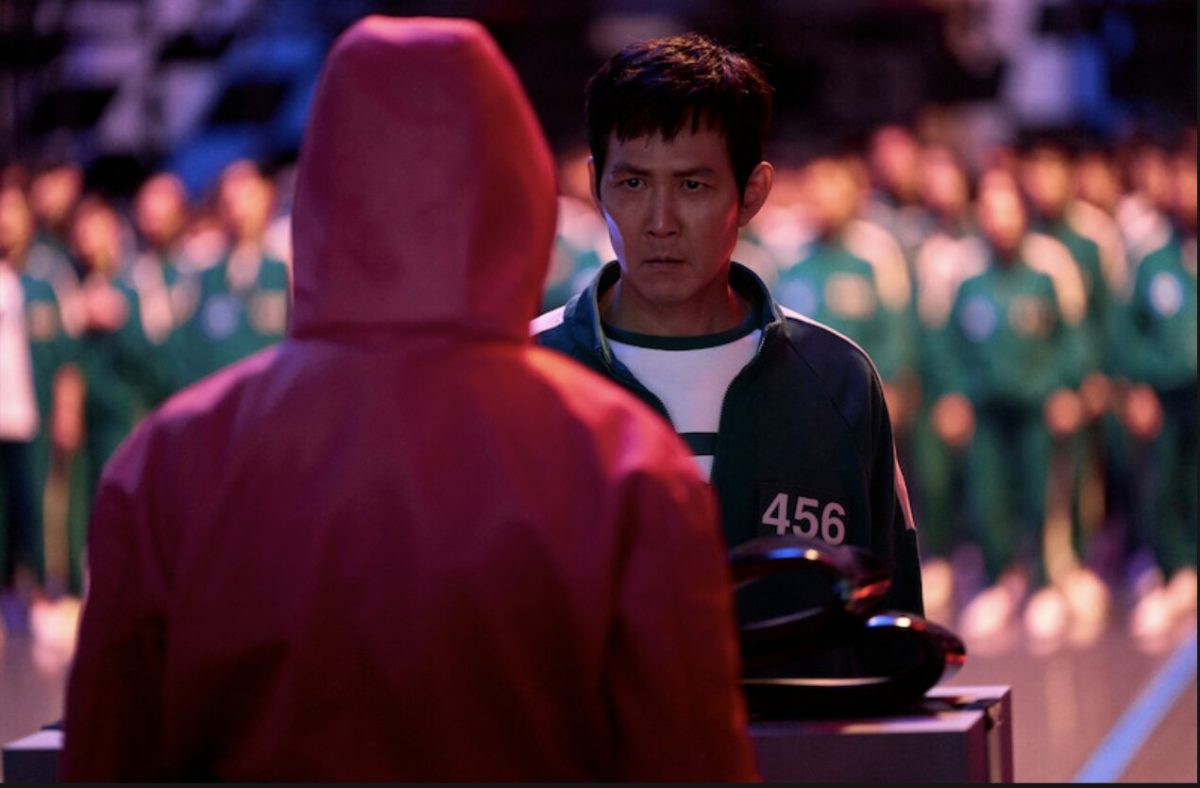The Death of Social Movements
March 25, 2019
The 1969 Altamont Free Concert is often characterized as an endpoint of the 1960’s hippie movement. The event saw a young girl stabbed to death, three accidental deaths and one LSD overdose. In just one day, a movement that had been previously marked by a penchant for peace and love turned ugly. While it may seem strange to attribute great historical value to a punk rock concert, historians and cultural commentators see the event as an encapsulation of the death of a social movement, which can rarely be traced back to a singular moment in time.
The Me Too movement began as a universally applauded attempt to root out men and women who abused positions of power to sexually harass others. The wave of women coming forward successfully brought serial abusers such as Harvey Weinstein to justice in both the court of public opinion and later, criminal court. The vast majority of initial accusations were well vetted by accomplished and respected journalists and were proven to be accurate. However, the movement quickly lost its luster with the increase of accusations that were baseless and not reflective of actual assault or harassment. Aziz Ansari, for instance, was accused by a woman who was upset with her sexual engagements with him and even though she provided verbal consent, characterized the encounter as assault. Unfortunately, fringe parts of the movement used the cover of legitimate accusations, such as those made against Weinstein, to advance an agenda of radical social change that fundamentally changed our standards of deciding who is guilty and innocent.
Sadly, the hijacking of the Me Too movement by politically motivated actors was brought to the forefront of American culture during the Kavanaugh hearings. Similar to the Altamont Free Concert, the downfall of a movement was broadcasted to the world in front of its eyes. The hearings, which began as a somewhat typical Senate Judiciary Committee meeting with the occasional outburst from pro-abortion activists, quickly devolved into a kangaroo court. Senate Democrats and the mainstream media used their combined influence to air grievances of women with varying levels of credibility. While it is wrong to label all accusers of Brett Kavanaugh as untrustworthy, the hearings exposed the shifting message and priorities of the Me Too movement. The slogan “believe all women” was chanted at Senators, painted on signs and championed by pundits. Just as the Altamont Pass concert brought to light the changing conditions of a popular cultural movement, the hearings exposed how a well-intentioned movement was weaponized for political gain. On the nightly news, images of protesters demanding unquestioned acceptance of even the most questionable claims exposed the rapidly advancing attacks on our norms of justice. Accusations were treated as verdicts and even a FBI investigation that came up empty did not assuage the calls for Kavanaugh to be kept off the court.
The weaponization of the Me Too moniker to attack Kavanaugh was most damaging to legitimate victims of sexual assault, as their claims were diluted by the outsized coverage given to claims that were uncorroborated and uncredible. Just as true believers in the hippie movement who stood for peace and love were wrongly associated with the violence and drug use of the 70’s counterculture, the Kavanaugh hearings tragically associated the Me Too movement with a sad moment in our country’s history.








































